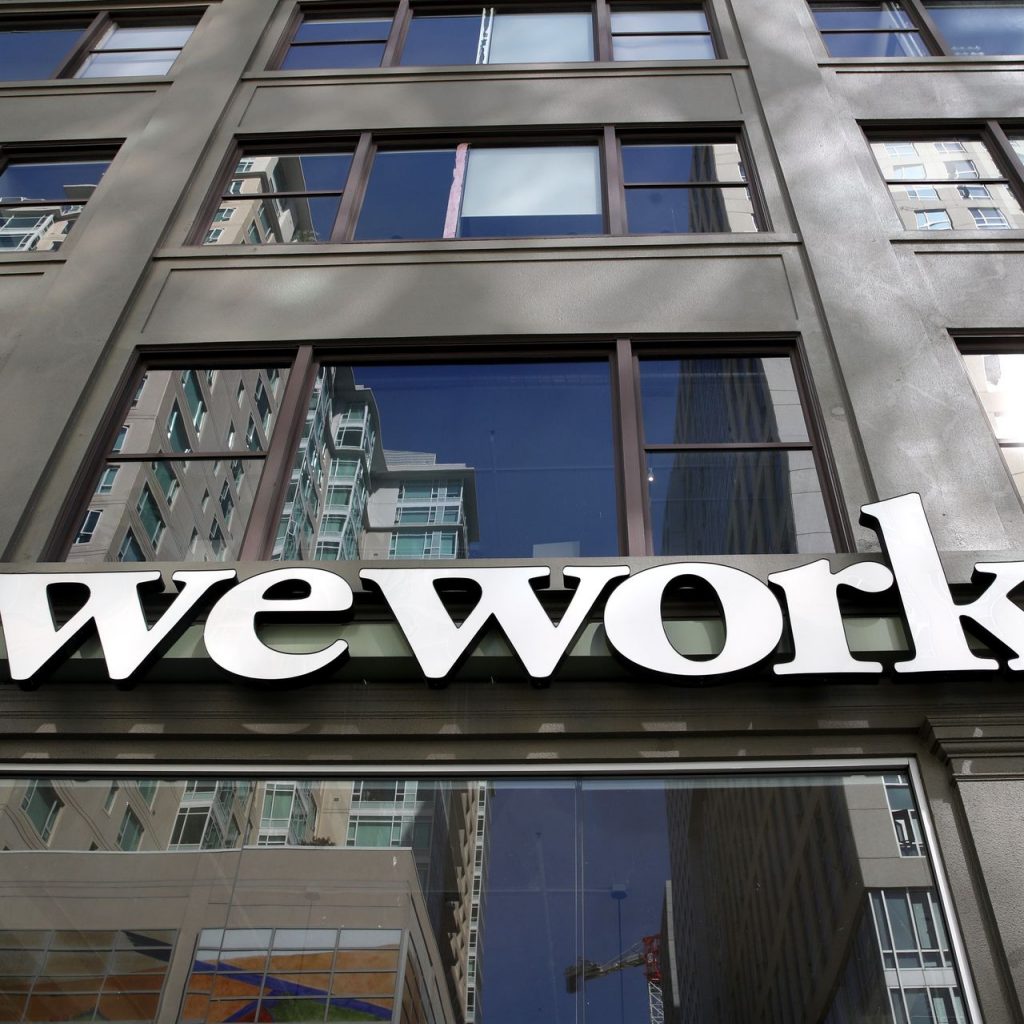- Grocery delivery
- Brick-and-mortar retail
- Meal prep
- Real estate referrals
- Gadget specialists
- Move and TV content
- Music streaming
- Social media
- Mobile phones
- Healthcare industry
- Package delivery services
- Cloud computing
There are two reasons why we can’t help but wonder if Amazon will disrupt the self-storage industry in the not-too-distant future.
#1 Self-storage industry growth statistics are impressive
Growth in the self-storage industry has been impressive. According to SpareFoot Storage Beat, a company that tracks the self-storage industry, over the last 7 years the self-storage industry has grown by 8% per year. Over 9% of the U.S. population – that’s nearly 30.1 million people – rent self-storage space. Last year those renters generated over $38 billion in annual revenue for self-storage operators.
Growth in the self-storage industry is being drive by two key factors:
- Baby boomers are retiring and downsizing, while millennials prefer to rent where they live rather than own
- Multifamily housing growth with smaller apartment sizes encourages the use of self-storage space
#2 Fragmentation in the self-storage sector
The self-storage industry is also extremely fragmented, and fragmentation makes an industry ripe for disruption. There are approximately 50,000 self-storage facilities in the U.S. According to the Self-Storage Almanac 2019, 73% of all facilities are owned by small operators.
The six largest publicly traded self-storage operators – including firms such as Public Storage, Extra Space Storage, and CubeSmart – have a combined market share of just 18%. Their combined annual revenues of just over $5.75 billion represent just a fraction of Amazon’s nearly $178 billion in revenue.
If Amazon decides to set its sights on the self-storage industry these firms simply won’t have the financial wherewithal to compete.
Amazon thinks in cubic feet not square feet
Amazon has its warehouse stacking logistics down to a science. The company knows how to use every cubic square foot in a building to store their products. They can use 40 foot high industrial buildings vs. a 12 foot high self-storage center. This maximum utilization of space also allows Amazon to build in urbanized areas closer to its customer base.
In their recent article “Amazon is packing more stuff into warehouses and is considering a change in how it measures space”, CNBC reports that:
- Amazon’s CFO says the company could start using cubic feet instead of square footage as the main indicator of its warehouse footprint
- Amazon is building multi-story warehouses and using robots to retrieve inventory
Amazon knows how to store stuff efficiently and has mastered the art of last mile delivery. What’s to keep Amazon from doing the reverse, and picking up items from customers instead of delivering items to them?
Disruption is already taking place
Given the industry’s phenomenal growth rate and fragmented ownership structure, it’s not surprising that disruption in the self-storage industry is already taking place. One of the more visible disruptors in the self-storage industry is Clutter Storage. Recently SoftBank – one of the biggest backers of coworking office company WeWork – invested $200 million in Clutter through its SoftBank Vision Fund.
Clutter markets itself as a high-tech, self-storage-on-demand service that claims to have a “novel model” to take on the traditional players in the self-storage industry, according to SoftBank Vision Fund director Justin Wilson. But take a closer look at Clutter and you’ll see that it’s really just a moving company that master leases large amounts of storage space from the traditional players the company claims to be disrupting.
Self-storage moving companies work in the last mile delivery segment of the transportation hub that Amazon’s already mastered. SoftBank’s recent investment in Clutter suggest a market valuation of about $600 million for the privately-held company.
But compared to Amazon’s current market cap of about $886 billion, we suspect Clutter will find it difficult to compete should Amazon decide to add self-storage to its business disruption list.




